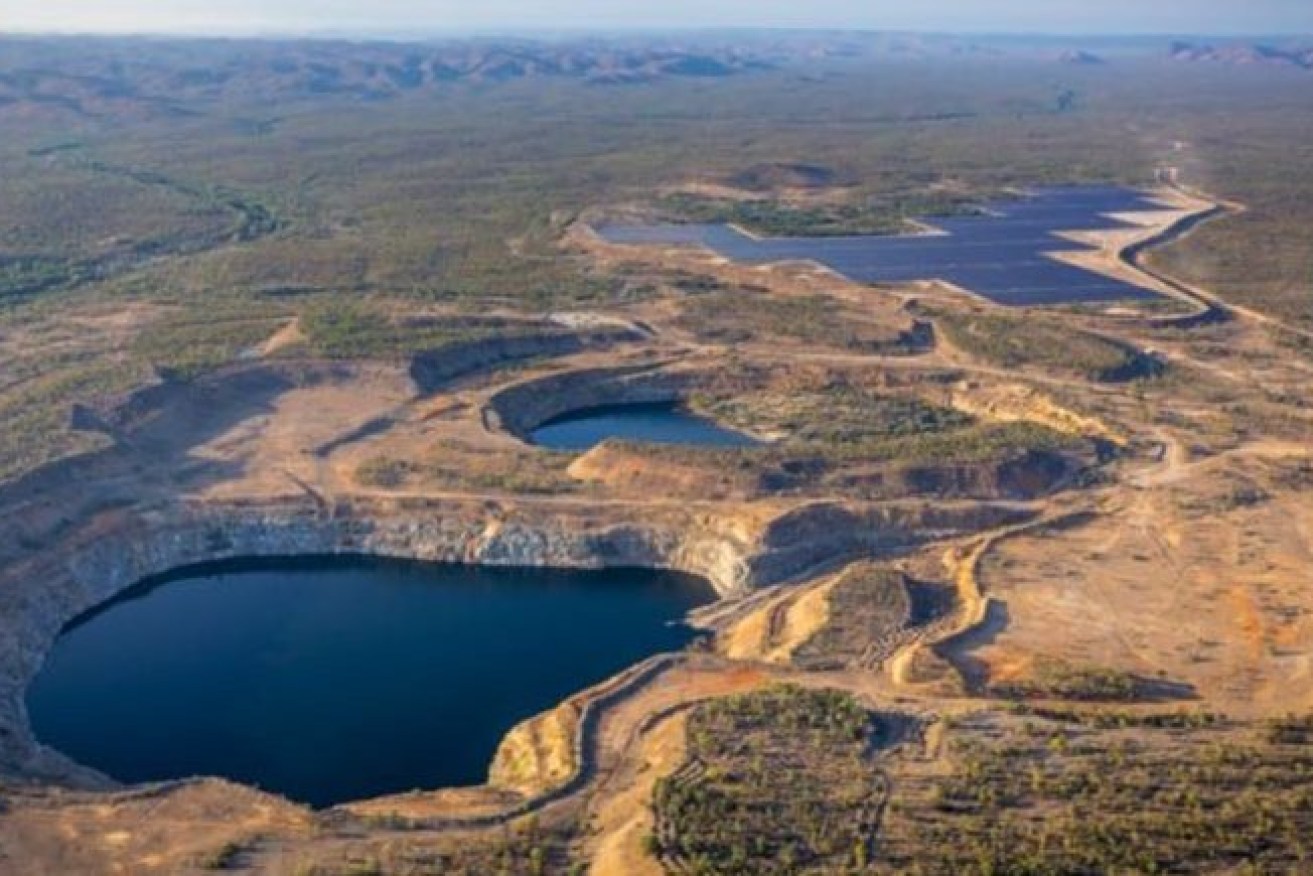How hydro-power project won $800m in public funds but won’t pay any tax
Genex has confirmed it will not have to pay tax until 2039 as it builds and runs its Kidston pumped hydroelectricity project in north Queensland with a large helping of public funds.


The Genex Kidston pumped hydro in Queensland's north (image: RenewEconomy).
In a presentation it made this week, Genex said it will generate an average $82 million a year until 2055 – and a lot of that will be because of taxpayer largesse. But Genex says it won’t pay any tax on profits for the next two decades.
Genex’s Kidston project will receive $610 million in financing from the Federal Government’s Northern Australia Infrastructure Facility and $147 million from the State Government for the construction of a transmission line which will go to Powerlink but will be to the benefit of Genex.
It also received a $47 million grant from the Australian Renewable Energy Agency and its already-existing solar farm has a 20-year power purchase agreement from the Queensland Government. The solar project also received $54 million from the Federal Government’s Clean Energy Finance Corporation.
That’s a lot of public money. Counting the NAIF loan, which is repayable, there is $858 million from the public purse going into the broader Kidston project. The very existence of this project is based on the willingness of governments to use public money to prop it up.
Presumably, the economic benefits will go to its shareholders through the capital growth in its shares and any dividends paid. Among the beneficiaries is Japan’s J-Power which will take a $25 million stake in the company.
Not much comes back to the taxpayer.
That’s not to say there isn’t a public benefit from the renewable electricity it provides and the jobs it creates (400 in construction). Less talked-about is the political benefit. Kidston is a headline-grabbing project and some politicians love it for that reason.
Significantly, for those who rant about fossil fuels being subsidised, this is an example of the opposite.
And it’s important to say that this is not Genex’s fault. They are, by and large, a well-run company, with a good record of delivering projects and there is no dodgy tax accounting involved.
The Kidston pumped hydro project is actually a shining example of Australian ingenuity and perseverance because more than once this project looked like it might have died in a ditch.
The company confirmed to InQueensland that both it and the special purpose vehicle that will house the Kidston project won’t pay any “material” tax until 2039.
Genex has achieved its “no material tax” state because of the large amount of depreciation that will effectively wipe out the tax liability.
This is a situation that stuns the public. Every time they read about a corporation paying zero tax they shake their head and think the odds are stacked against them and the Trumpists may have been right – the game is rigged (not forgetting Trump paid almost no tax).
But in a world where the so-called “pub test” can make or break careers and projects this doesn’t look good.
In a situation like this, where the Kidston project has relied so heavily on the public purse, it seems perverse that very little comes back.
Genex also announced this morning that it had raised $56 million through a placement and institutional offer to finance the project.
A retail offer to raise a further $34 million will also be carried out.












